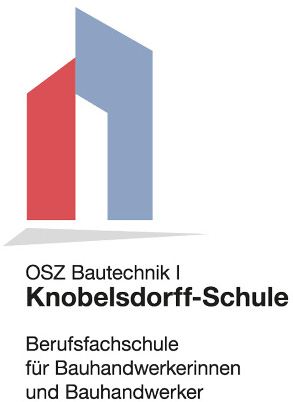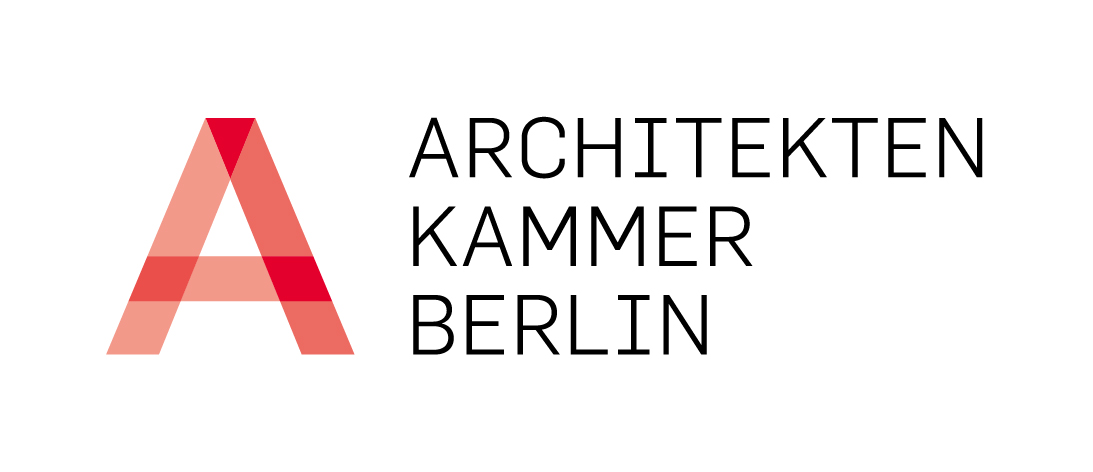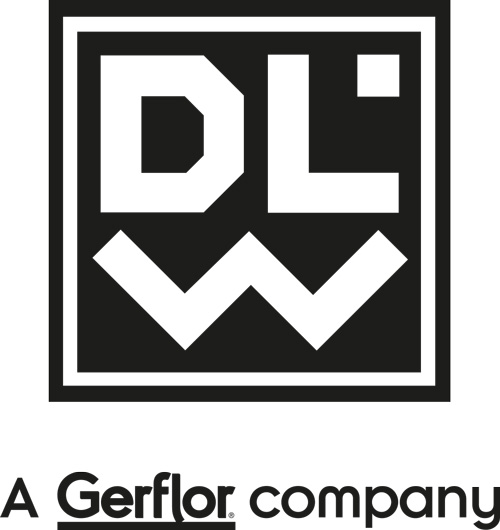Concept and Mission-Statement 2020
refering to the current program-conzept BHROX goes DIGITAL
The intensive program in the BHROX bauhaus reuse on the occasion of the opening and the Bauhaus anniversary year in 2019 was accompanied by a wealth of events. The contents of the BHROX program – which is originally tightly connected to the Bauhaus context – already opened up for a broader discussion of modernism and the challenges of society and urban development of today and tomorrow.
Starting with the heading “Heritage of Modernism – the Future of Cities”, a further architectural, social and political context was developed in 2019, which goes hand in hand with the role of BHROX bauhaus reuse as a transdisciplinary center and city laboratory. In addition, the educational construction site for the building of the bauhaus reuse has set its own emphasis on craftsmanship and thus transdisciplinary – in alternation with its general, cultural and academic formats – which, with its actually practical educational component, made a unique contribution compared to the general Bauhaus celebrations . At its end and the beginning of 2020, the center will be completed as a workshop and laboratory for the next few years.
In 2020, this thematic spectrum and transdisciplinary work is to be further expanded in the BHROX bauhaus reuse program. Not only at the beginning – in a sense as a “transition year” turning away from the “Bauhaus overkill” – the character of the center as a transdisciplinary project workshop and laboratory should come to the foreground, i.e.: perspective project developments, cooperative project applications and dialogues, seminars and workshops with the universities, content-related work on site, practical educational construction sites with transdisciplinary educational exchange and further networking.
The topics will include: Modern diversity, sustainable urban development and building culture, social development and climate protection, circular society, building culture and politics / democracy, modern society and emancipation as well as the Ernst-Reuter-Platz itself – and will in turn set a focus on Central Europe and Eastern Europe.
After the Bauhaus year and the return to the emergence of modernism in Central Europe as the blossoming of social, political and architectural emancipation, we want to ask ourselves once again what came afterwards, how we have lived since then, how did modernism and modern culture change since then as an umbrella term. It is less a question of the actual postmodernism, but more of an interest in a modern variety: for the pluralistic, futuristic and retro-futuristic concepts and interpretations of an emancipatory modernism, from the origins of functionalism to the realities and progressiveness of post-war modernism to theirs Future interpretations of science fiction and punk.
The year 2019 was marked by events and anniversaries. The year 2020 should initially serve the in-depth development and the preparation of further content for the coming years. For this, it is essential to continue the dialogue with the diverse project partners and sponsors such as the Federal Agency for Civic Education, the German Czech Future Fund, the Goethe Institute, the Federal Foundation for Building Culture, the Berlin Monument Authority and others that were already involved in 2019 or will be added in 2020.
Of course, a variety of diverse, public and professional events are planned as part of the program, and a performative discourse of the topics should set independent and content-related accents.
Among other things, a continuation of the series of discussions “The Quality of Cities”, in cooperation with the Berlin Chamber of Architects. Further discursive formats, lectures, workshops, dialogue events and inspiring exhibitions will take place in cooperation with committed project and program partners – such as in March the CoLab conference of the TU Berlin (the current date had to be postponed, a new one will be announced shortly) or an exhibition about the architect Ludwig Leo and his iconic building, the circulation tank of the TU Berlin, from mid-March to mid-April 2020 – postponed to autumn 2020: here is the pilot installation with virtual 360° tour.
Immediately after the beginning of the summer semester 2020, the bauhaus reuse will become the place of work for a studio with the UdK to investigate and rediscover or develop a future narrative for Ernst-Reuter-Platz, which will lead to an exhibition.
In this context, one of the projects particularly visible on Ernst-Reuter-Platz will be the historically authentic renovation of the city’s street furniture as a transdisciplinary educational project with the Knobelsdorff School, UdK Berlin and TU Berlin, for which the bauhaus reuse will be the starting point and workshop. The renovation is to take place as an educational construction site for trainees in combination with transdisciplinary workshops with students from the UdK Berlin and TU Berlin. In the summer / fall of 2020, the street furniture should be usable again for the public and thus in advance the Düttmann year 2021, in which the birthday of the designer of Ernst-Reuter-Platz celebrates one hundred times.
As a transdisciplinary center, the BHROX bauhaus reuse will expand its task of initiating essential cooperation projects as well as enabling smaller projects and initiatives – and offering them space for development and presentation in the middle of the city.
The focus of the city laboratory should be on social and ecological urban development, especially with the development of the project “Milieu- vs. Climate protection? ”In cooperation of TU Berlin, the districts of Charlottenburg-Wilmersdorf and Neukölln, zukunftsgeraeusche GbR and other partners from administration, civil society and business.
To this end, the BHROX bauhaus reuse will go into full operation after completion of the soft opening phase in March 2020 – initially restricted, due to current circumstances, with the digital program BHROX goes DIGITAL.
The soft-opening phase meant a parallel educational construction site and the beginning of the program since May 2019, during which the bauhaus reuse was completed as an educational program with more than 100 building trainees from the Knobelsdorff School in seven different trades; the training construction site was scheduled for completion in March 2020, but due to the current crisis it had to be paused shortly beforehand, so that some work had to be made up for. Practical workshops on the further development of the building will continue to be part of the project.
The daily operation planned from March 2020 will probably not be able to start until summer or autumn 2020 – until then, the digital formats of BHROX goes DIGITAL offer a varied program. After that, the bauhaus reuse will open its doors as an open bauhaus and a place for daily visits, with various public services, such as an information point, a permanent digital exhibition on the development of Ernst-Reuter-Platz, a day café, free W-LAN and, finally, the opportunity for a spontaneous stay on site.
For further information on the 2020 program and to read, listen to and watch the 2019 program, the BHROX website and social media channels will be further expanded – last year’s events are already available online with photos, background information, guests and video recordings – as is the current program content of BHROX goes DIGITAL.
zukunftsgeraeusche / BHROX bauhaus reuse | 2020






